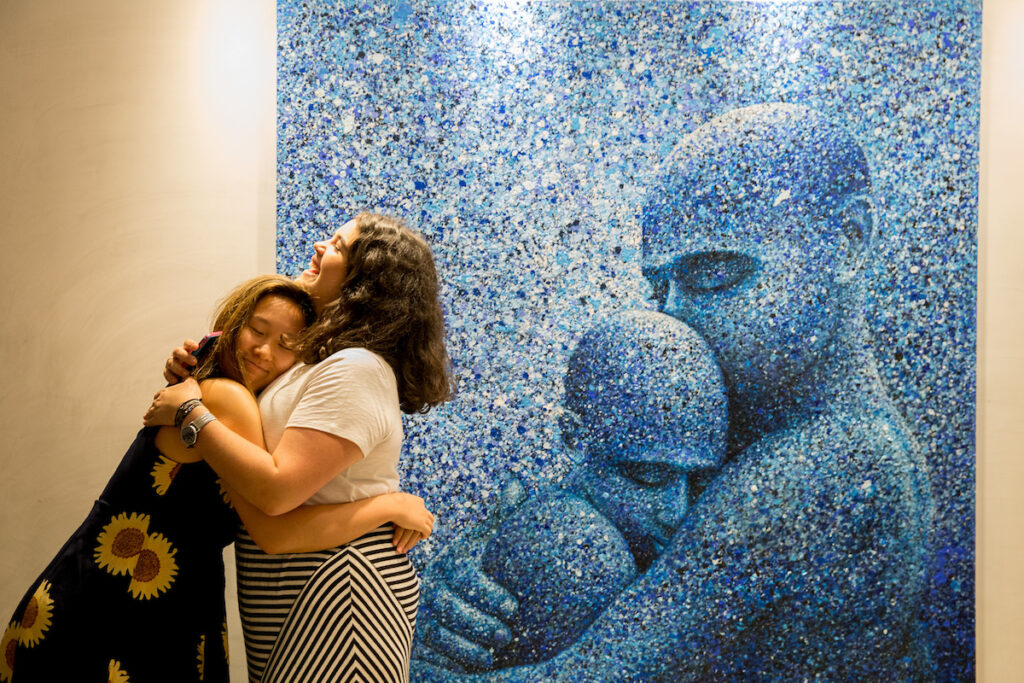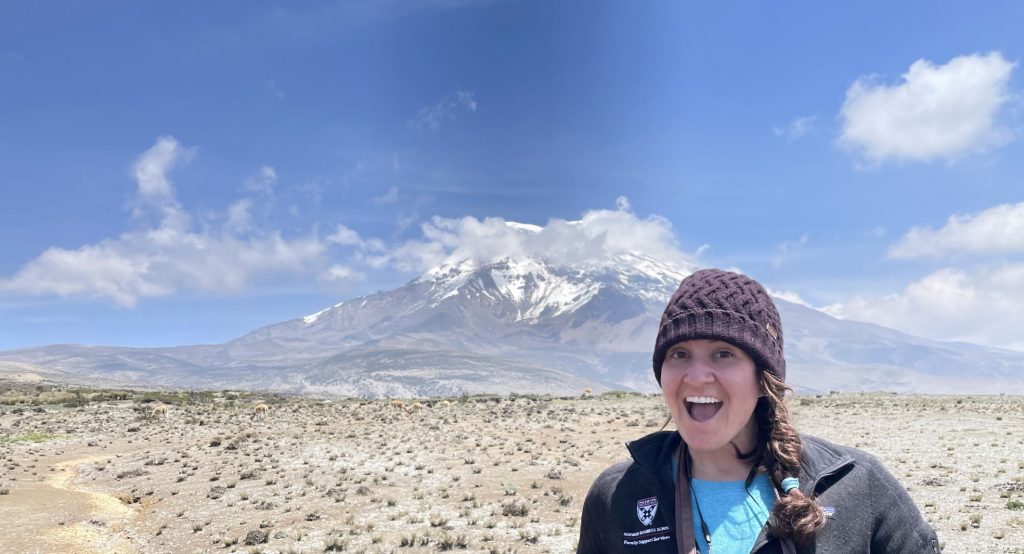With context and support, experiential study abroad is life-changing
March 22nd, 2023 | SIT Study Abroad
The website Insider recently published an essay by NYU study abroad student Stacia Datskovska about her negative experiences on a program in Florence, Italy. Here is SIT’s response.
We were very sorry to hear about Stacia Datskovska’s unhappiness with her study abroad experience in Florence. Study abroad can be a life-changing opportunity to experience and understand different cultures and ways of being in the world, but it can also be jarring and disorienting, even in a place like Italy, where western values and customs are not dramatically different than those in the rest of Europe or even the United States.

SIT has immersive undergraduate and graduate programs on all continents – and some programs take students to four continents in one semester. A world away from their campuses and norms, students may find themselves listening to a lecture at the stupa in Kathmandu, sharing new foods with their homestay family in a Cape Town township, searching for new species in a pre-dawn Amazon trek, or countless other experiences that are far outside our students’ normal “comfort zones.”
In fact, SIT students are advised to be ready to be “uncomfortable” – to embrace discomfort as a threshold for transformation and learning. These experiences are an opportunity to learn from each other, from their new communities and homestay families, and from their professors and program staff. It is all part of a true experiential learning cycle in which new experiences are respectfully felt, heard, considered, shared, and re-considered.

Students on our programs come from a wide range of public and private schools and bring a diversity of identities. We make considerable effort to develop genuine inclusion, starting with pre-departure webinars and meetings and extending throughout our programs. We recognize that without an opportunity to process the emotions and experiences – whether positive or negative – that are integral to a meaningful study abroad learning process, the beauty and magnificence of any place can be lost and the learning opportunity squandered.

U.S. study abroad has not yet returned to the level it was prior to the pandemic. Worries about the unknown, misconceptions about health and safety in unfamiliar places, and fear of missing out on a campus experience that has already been shortened – all are turning back the clock on the progress the study abroad sector had been making in opening the wider world to U.S. students.
Essays like Stacia’s may reinforce these doubts and fears about studying abroad. We encourage students to think outside the ordinary, to open your hearts and minds to new experiences, to work closely with your study abroad advisor to find the program format, location, and subject that best fits your interests and goals, and most of all, to understand that discomfort is a precursor to new thinking and real change.
